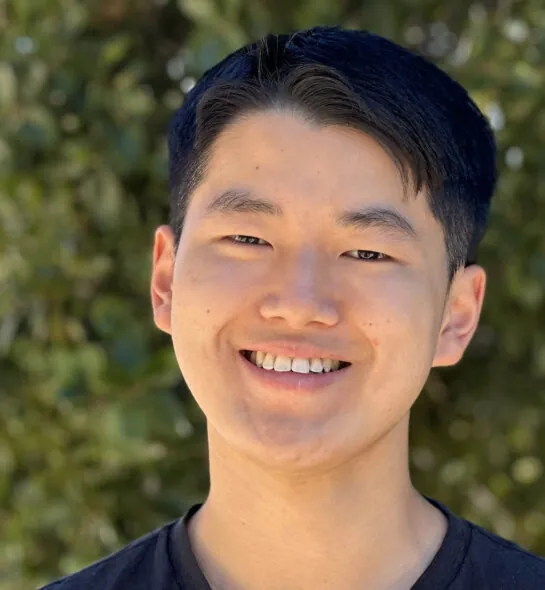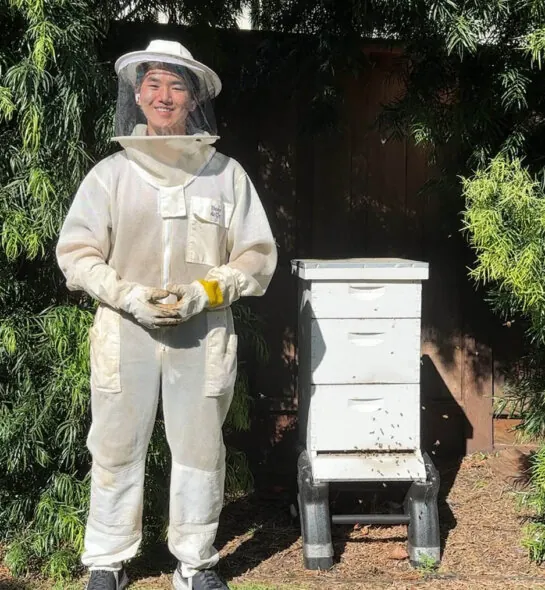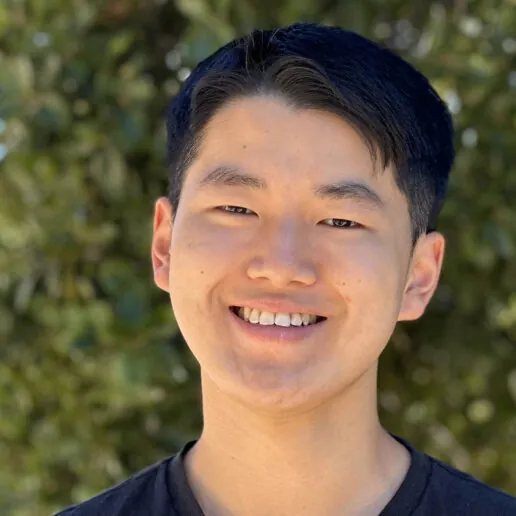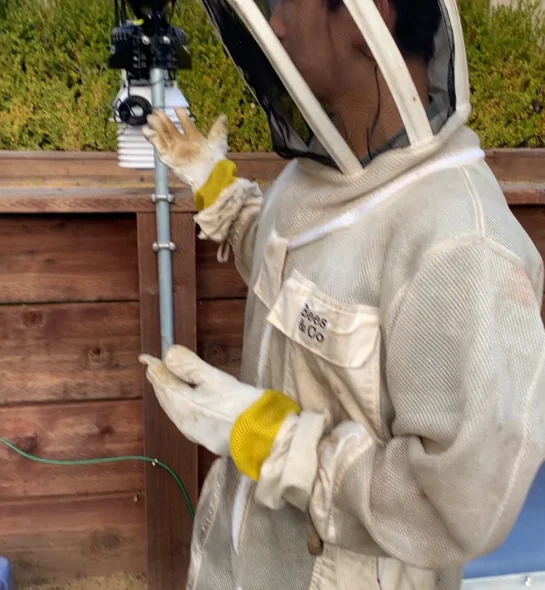Deeper Dive
As a hobby beekeeper, I independently began thinking about a project idea leveraging my computer science skills and my environmental passion for beekeeping and pollination services. I reached out to agroecology experts to get their insights on an initial hypothesis around predicting the necessary number of hives for pollination season. Although that initial idea was not logistically feasible, our discussions led to a new and even more interesting hypothesis that a model effectively predicting foraging activity based on forecasted weather could help guide timed pesticide sprays to minimize honey bee contact with harmful pesticides, which is one of the leading causes of colony collapse. These conversations also yielded insights that this tool could help farmers plan chemical treatments to extend the crop bloom period to ensure efficient pollination.
One major challenge I faced was identifying a method to collect a large dataset solely composed of foraging activity. Methods like an electric bee counter that records all ingresses and egresses from the hive achieve the largest dataset, but are unable to isolate just foraging flights, creating a lot of noise in the dataset. For example, ten two-minute orientation flights create ten times the amount of data as a 20-minute-long foraging flight, even though the singular foraging flight is the only desired data point to serve as a record of foraging activity and pollination. Even outside of orientation flights, there are many other types of non-foraging flights, like guarding and housekeeping, that further cloud a dataset generated by unfiltered data collection. In order to address this difficulty, I used RFID to track individual flights from specific bees that allowed me to obtain information on the timing and duration of each flight. This procedure ensured that I could filter out noise and obtain data almost entirely from foraging flights. Although I did not directly receive guidance in addressing challenges like this at school, the opportunities I have had to take many advanced courses in science, math, and humanities have provided me with an excellent foundation in scientific inquiry and critical thinking. I was lucky enough to reach out and receive valuable feedback verifying the validity and potential impact of my intended research topic from agroecology and beekeeping experts in the field. Thankfully, the pandemic did not substantially affect my project as I conducted data collection and model development at my own residence.
By providing accurate predictions of honey bee foraging, my model enables farmers to time pesticide sprays to minimize honey bee contact and plan crop treatments to maximize pollination-driven production. Putting this modeling technology towards optimizing the health and pollination efficiency of honey bees has the potential to create impact not only within California, but at a national and worldwide scale. In the future, extending the scope of the model to include data from other regions could enable this widespread impact on agricultural pollination efficiency, potentially aiding food quality and production cost while maintaining the health of threatened honey bee populations.



